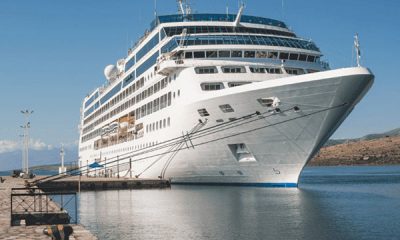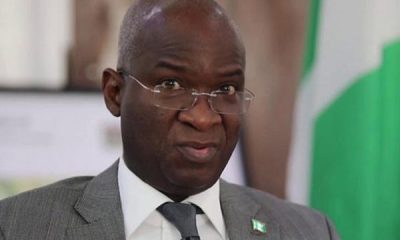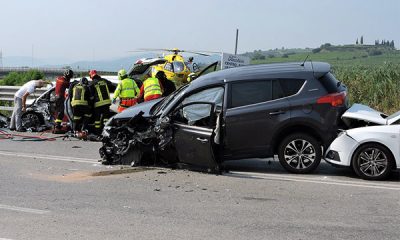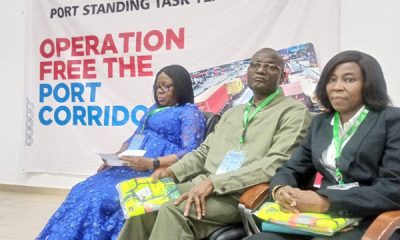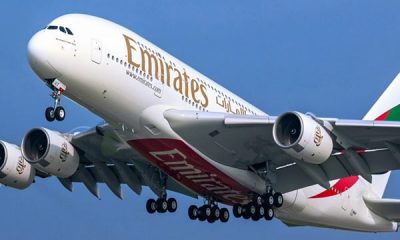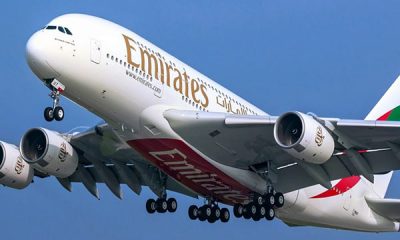Autogas : The FG set to convert 200,000 vehicles and install 580 refueling centres across the country in 2022.
The Federal Government says it will support marketers with 50 per cent of the required conversion kits.
The cities captured in Phase 1 of the project include Abuja, Kaduna, Kano, Kogi, Kwara, Lagos, Ondo, Oyo and Edo.
Cities under Phase 2 include Sokoto, Katsina, Jigawa, Borno, Bauchi, Osun, Ekiti, Enugu, Anambra, Imo and Cross River.
Cities listed under Phase 3 include Kebbi, Zamfara, Yobe, Gombe, Taraba, Adamawa, Benue and Ebonyi.
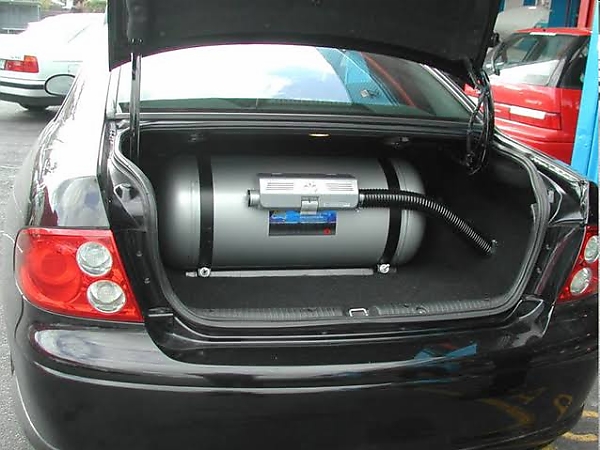
The Federal Government, during a meeting with oil marketers in the downstream sector on Monday unveiled the 2022 Framework for the deployment of Compressed Natural Gas (CNG), popularly called Autogas, in Nigeria.
At the meeting, which was convened in Abuja by the Minister of State for Petroleum Resources, Chief Timipre Sylva, the government highlighted its plans for the full deployment of autogas in filling stations.
Three implementation options were highlighted in the document, including its target to convert one million public transport vehicles and install 1,000 refueling centres within 36 months.
For the first 18 months, the FG aims to convert 500,000 vehicles and 580 refueling centres across the country. Also in the plan includes a targets to convert 200,000 commercial vehicles this year, including tricycles, cars, mini-buses and large buses.
During the meeting, Sylva told the attendants that the government was out to provide alternative fuel before the removal of subsidy on Premium Motor Spirit (petrol).
He also stated that the government would be supporting them with 50 per cent of the conversion kits to fast-track the process. He added that additional support as required would be given, going forward.
“We said we must provide alternative fuel and the alternative that we concluded on was the autogas alternative. To provide it for our people,”
“Since this agreement between us (government and marketers), a lot of work has been going on and we have come to a certain point where we need to take it further. But we cannot move further without ensuring that you as our partners are fully on board.”
In the framework, the government stated that its priority now was the rapid introduction of Natural Gas Vehicles as an alternative fuel for transportation in Nigeria.
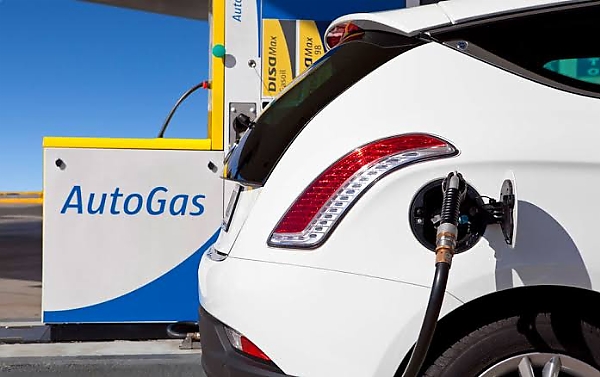
“The Ministry of Petroleum Resources was charged with the responsibility to provide autogas (LPG, CNG, LNG) as an alternative and competitive fuel for mass transportation
“CNG was selected as the fuel of choice because it holds a comparative advantage due to its ease of deployment, its comparatively lower capital requirements, commodity’s supply stability, existing in-country volumes, and local market commercial structure which relies predominantly on the naira.
“Hence a single track CNG deployment is proposed in the initial phase and other alternatives can be considered as the market attains maturity.”
The cities captured in the first Phase of the project include Abuja, Kaduna, Kano, Kogi, Kwara, Lagos, Ondo, Oyo, Edo, Delta, Bayelsa, Niger and Rivers.
Cities under Phase 2 include Sokoto, Katsina, Jigawa, Borno, Bauchi, Gombe, Yobe, Osun, Ekiti, Enugu, Anambra, Imo, Cross River, Abia, Akwa Ibom and Plateau.
Cities listed under Phase 3 include Kebbi, Zamfara, Yobe, Gombe, Taraba, Adamawa, Benue and Ebonyi.
On the selection criteria for network operators, the Federal Government stated that the marketer must own and/or operate a minimum of 21 stations nationwide.
Also, the dealer must own and/or operate a minimum of five stations in each proposed city and must be able to pay back within the stipulated timeframe.

 News1 week ago
News1 week ago
 News7 days ago
News7 days ago
 Celebrities Auto7 days ago
Celebrities Auto7 days ago
 News5 days ago
News5 days ago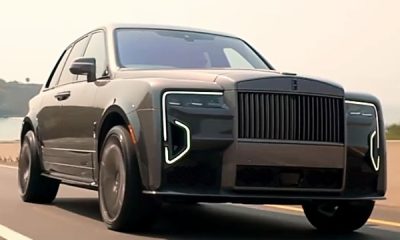
 News1 week ago
News1 week ago
 News5 days ago
News5 days ago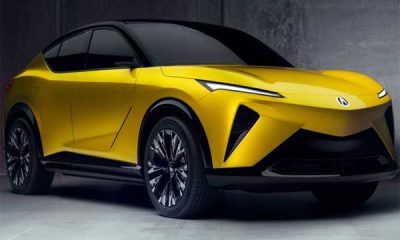
 Concept Cars7 days ago
Concept Cars7 days ago
 Celebrities Auto6 days ago
Celebrities Auto6 days ago


